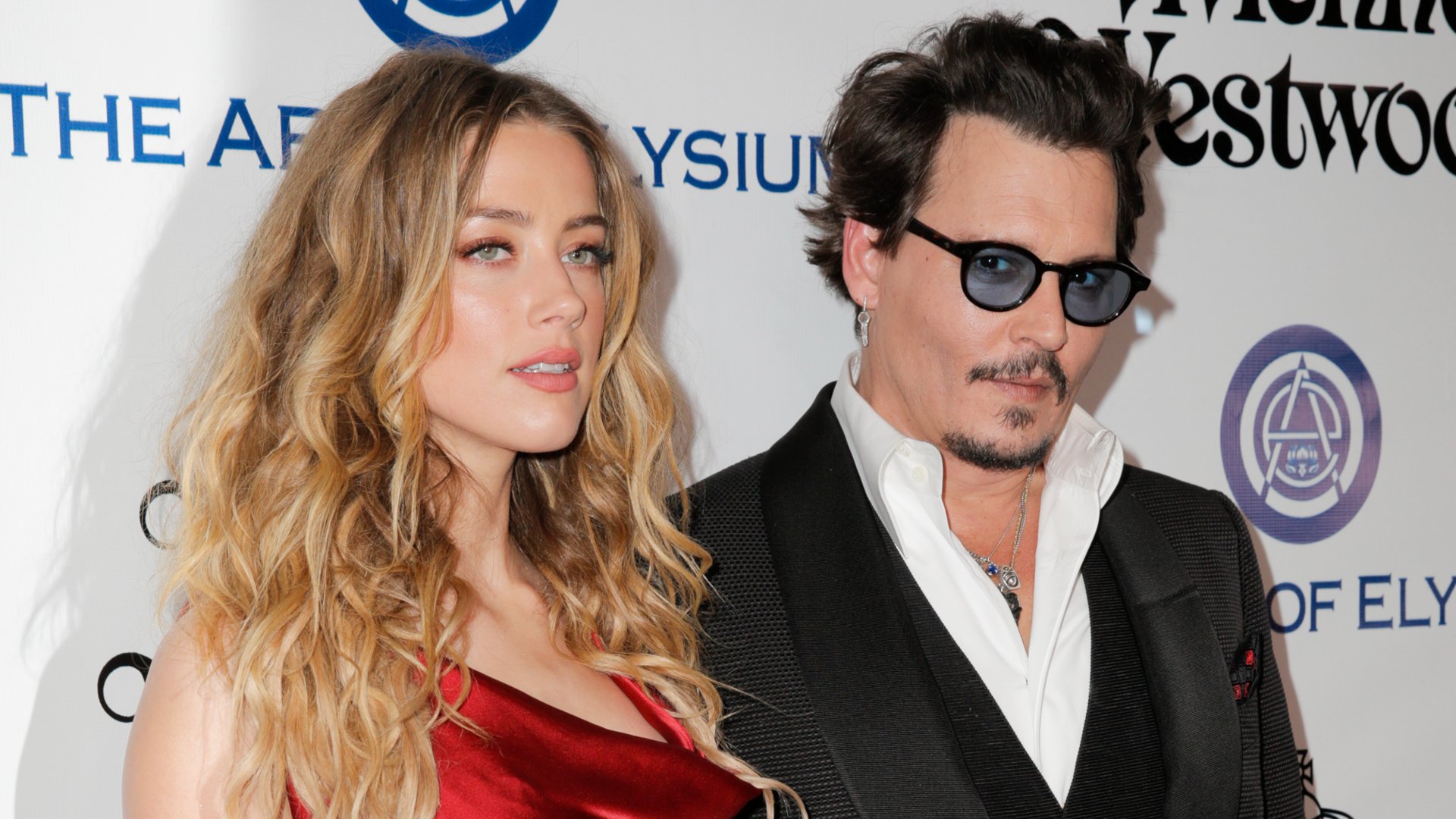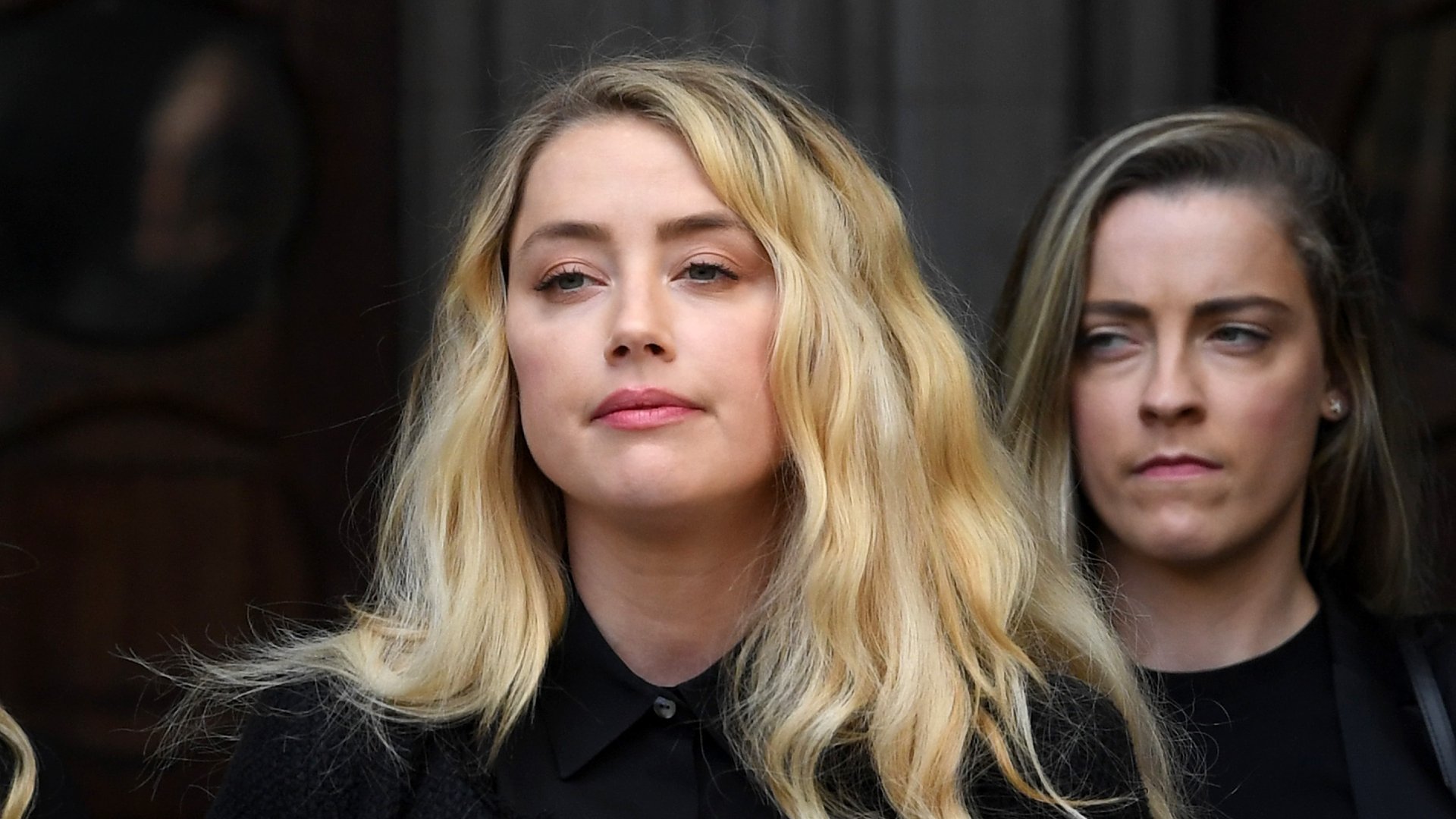The ongoing legal battle between Johnny Depp and Amber Heard is headed to the courts in just a few days.
The lengthy public dispute between the two popular — or formerly popular — actors created an ongoing rift online, as people take sides and argue their cases in a perpetual digital dispute. Debate has died down recently, as fans of both stars await the eventual resolution of the protracted trial, but is spiking again in anticipation of this month’s defamation hearing.
What happened between Johnny Depp and Amber Heard?

The issues between Depp and Heard stretch back years, according to statements made by both parties. Heard’s accusations of abuse first went public ahead of the couple’s 2017 divorce. Depp denied the allegations, and Heard eventually walked them back after the two settled their differences.
Or so it seemed.
Nearly two years later, in late 2018, Heard penned an op-ed for the Washington Post titled “I spoke up against sexual violence — and faced our culture’s wrath. That has to change.” While Depp is never specifically mentioned in the column, Heard’s accusations appeared to be clearly targeting the Crimes of Grindelwald star. Heard wrote, in the column, that “two years ago, I became a public figure representing domestic abuse, and I felt the full force of our culture’s wrath for women who speak out.” The specific timeline outlined clearly identifies Depp as a perpetrator of abuse, and initiated a series of legal challenges between the former spouses.
Depp filed a defamation suit against Heard in the aftermath of the Washington Post article, which — due to its seemingly clear targeting of Depp — cost him a role in this month’s Secrets of Dumbledore. The heavily-delayed defamation trial is set to begin on April 11 and will see Heard face accusations that she attacked his character with the Post op-ed, according to Poynter. Depp alleges that Heard’s column cost him several roles, including that of Grindelwald in the Fantastic Beasts franchise, and that of Captain Jack Sparrow in the Pirates of the Caribbean franchise.
This lawsuit follows several others, including a 2020 libel case between Depp and The Sun. The lawsuit came about following the Sun‘s characterization of Depp as a “wife-beater,” a title Depp repudiates. Depp pushed back against the article in an attempt to protect his name and professional image, but ultimately lost. The U.K. decision will not affect the ruling in U.S. courts during next week’s defamation lawsuit, but it may foretell some of the hurdles in Depp’s path toward victory.
The primary culprit behind Depp’s loss in the 2020 libel case is a ruling from the High Court of Justice that, of the 14 alleged incidents of violence against Heard, 12 were “substantially true,” according to BBC. Similar rulings could see him lose the defamation suit, but the American justice system differs enough from that of the U.K. that we are likely to see changes in how the lawsuit is addressed.
Why is Depp suing Heard?

Depp is suing Heard over the 2018 Washington Post column, claiming that it significantly damaged his career in Hollywood. The claim of a damaged reputation is inarguably true — Depp has hardly appeared in any releases over the last several years, following more than a decade as a Hollywood darling — but it is his claims that Heard’s statements are untrue that courts will test starting on April 11.
Depp filed a $50 million defamation lawsuit against Heard in the wake of her statements via the Post, claiming that he never abused the 35-year-old actress and that she instead fabricated an “elaborate hoax to generate positive publicity for Ms. Heard and advance her career,” according to his legal team. Court papers claim that “the false allegations against Mr. Depp have been conclusively refuted by two separate responding police officers, a litany of neutral third-party witnesses, and 87 newly obtained surveillance camera videos,” according to Vulture.
The current case against Heard also claims that she is “not a victim of domestic abuse, she is a perpetrator.”
The defamation case will be heard in Virginia, thanks to successful arguments by Depp’s legal team that the Post is physically published in the state and maintains several offices there. It is broadly assumed that Depp’s legal team chose the state — over the location of most of the alleged abuse; California — in hopes of avoiding California’s anti-SLAPP law.
What is the anti-SLAPP law?

California’s anti-SLAPP law — or Strategic Lawsuits Against Public Participation — pushes back against what it classifies as lawsuits orchestrated to “silence and harass critics by forcing them to spend money to defend these baseless suits,” according to anti-slapp.org. Were the defamation suit to be litigated in California, it is likely the state’s anti-SLAPP law would protect Heard, as noted by Los Angeles litigator Ryan Baker, via Vulture.
Virginia’s anti-SLAPP law is less strict than that of California, but a Virginia judge ruled on March 24 that Heard could lean on the state’s own anti-SLAPP statute during the legal proceedings, according to Deadline. This will almost certainly give the actress a step-up during the trial, as will her victory in the 2020 suit.

